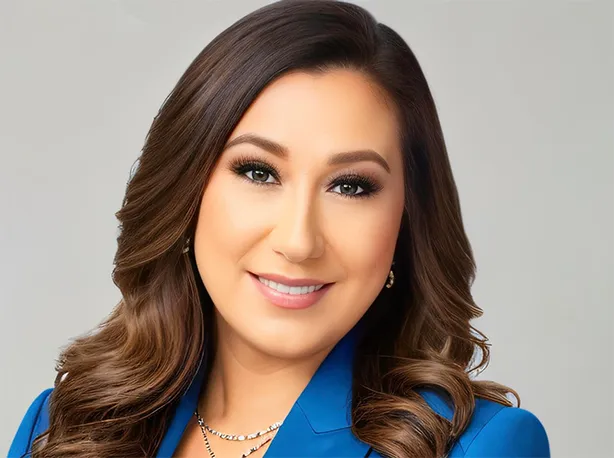Pricing your home properly is key to selling it in a timely and profitable manner. Too low and you lose a significant chunk of your investment; too high and it will not sell. Be thorough in your research and you will be able to reel in an offer you can be happy with.
Preparation
Before you decide how much your house is worth, research the market you are entering. Your best guide is going to be houses like yours that have sold in your area. Check the listing price and then the final selling price for each property.
It is very important that you limit your comparison to houses within a mile of your home, sold within the past 6 months, and with a similar room count and square footage. Straying from these guidelines will skew your perception of the market, which can change dramatically from one area to another. Accuracy here is your best weapon. Also, try to limit your comparison to sold houses. Asking prices are often better at representing wishful thinking than reality.
When comparing houses, there are a few factors you need to consider:
- sale date
- type of sale
- style of home
- square footage
- location
A bigger house that is far from freeways, grocery stores, and schools will be less valuable than one close to these necessities. A two story house is very different in value from a one story or a ranch style home. Compare 7 or 8 houses like yours to get a better understanding of where your property stands.
As you compare, take note of how each house has fared on the market and, if possible, why. Things to look for include houses on the market for more than a few months, houses sold at their list price, and houses sold at different prices than the asking price. Find what you can emulate and what you should avoid so you can sell your house at the right price, in a timely manner.
Deciding on a Price
- A great price to build off is based on square footage. Find sold houses near you with a similar square footage and divide the cost by the square feet to find the price/square foot. Then multiply that by your home’s square footage. This is a reasonable starting estimate.
- Once you have a starting number, make a list of modifications and past problems or damages the house has undergone while in your care. The more lavish the modifications the more it adds to the value of the house; the more drastic the problem the more it takes away from it.
- Look at where your house is located. Is it conveniently placed near freeways, grocery stores, and schools? Add a little to your home’s value. Is the job market in your area thriving? Plummeting? It will negatively affect the value of your house if the new owners have to commute a significant distance to find work.
- Pricing a home properly is a difficult process so make sure you get at least one professional opinion. Call in a certified appraiser familiar with your area’s market. The price they put on your house isn’t law but along with the number you calculated as a reference, you will have a more accurate idea of your home’s value.
- Consider the human factor. Look around your neighborhood and see who is moving in and who is moving out. A popular neighborhood will add to your home’s value while the opposite will detract from it. How does your home compare to the rest of your area? If it’s new in a tract of old homes, it increases the value. But if developers just built a few blocks of new homes and yours was built 30 years ago, well, be ready to knock down your asking price.
- Now that you’ve done your research, asked a professional, and have decided on an asking price, you are ready to put your home on the market. Depending on the market, don’t be afraid to mark it up a little so you have room to negotiate it down, but not too much! You don’t want it to languish on the market. This is where a professional real estate agent is a great resource. Their experience and knowledge of the market will save you a stress and money at every step. If this is your first time selling a house and you are less than confident about the process, interview real estate agents until you find one you trust and click with. It will help you rest easier at night and get the best deal for your house if both parties work well together.
Whether you chose to do it yourself or enlist the help of a First Team real estate agent, make yourself knowledgeable about the process. After all, you are about to sell the most important asset in your possession. Mistakes here are hard to fix.




.jpg)
.jpg)



